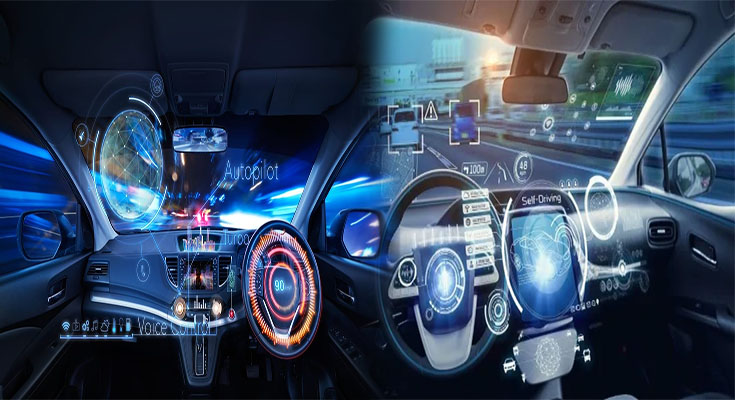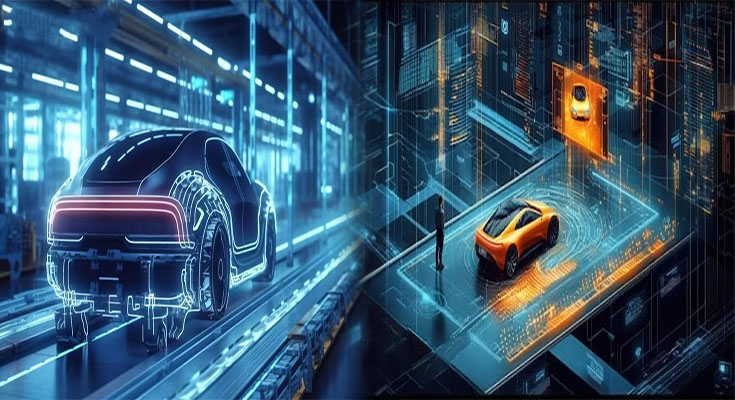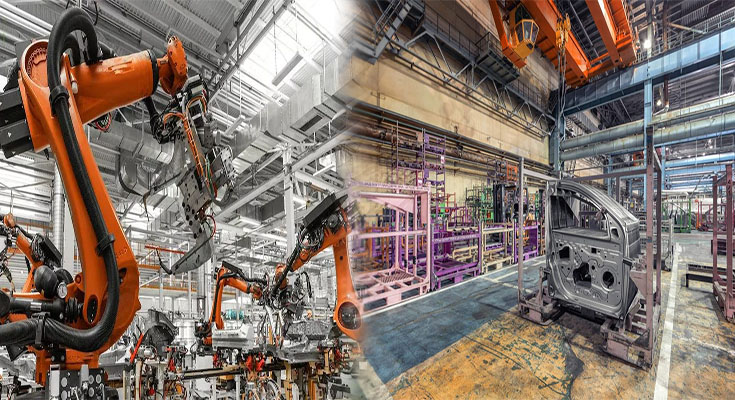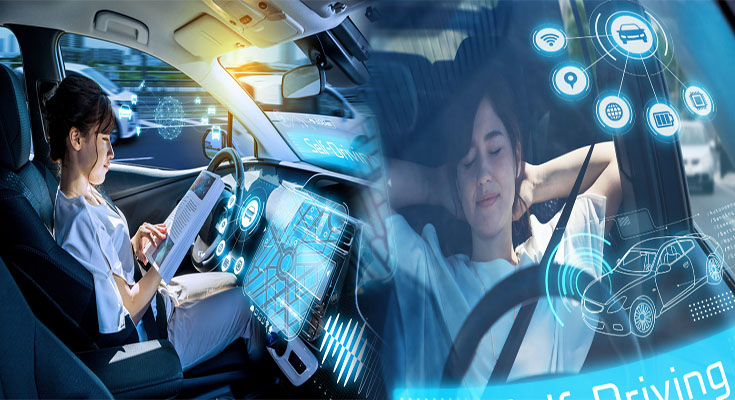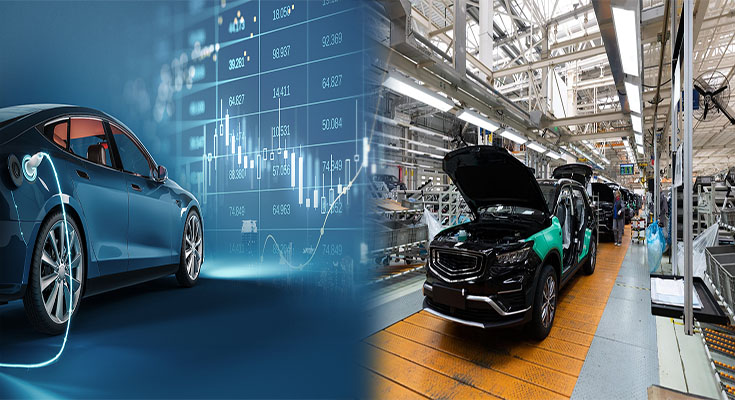In the fast-evolving landscape of automotive technology, the integration of advanced connectivity solutions and smart features in vehicles is paving the way for a truly interconnected driving experience. As cars become more than just modes of transport, serving as mobile hubs of information, entertainment, and communication, the emergence of innovative trends in car connectivity and smart features is reshaping the driving experience and redefining the relationship between drivers and their vehicles.
Seamless Connectivity: The Backbone of Modern Driving
One of the key trends shaping the automotive industry is the push towards seamless connectivity, enabling vehicles to interact with external networks, devices, and infrastructures. The advent of 5G technology, cloud computing, and IoT (Internet of Things) integration is driving a new era of connected cars, offering an array of benefits to drivers and passengers alike. Key trends in car connectivity include:
1. 5G Connectivity:
The rollout of 5G connectivity is revolutionizing …
View More Exploring the Future: Emerging Trends in Car Connectivity and Smart Features
